RRD potentially in the neighborhood. How to keep out of yard?
vettin
12 years ago
Related Stories
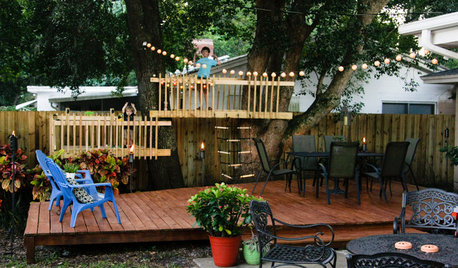
GARDENING AND LANDSCAPINGDIY Tree Forts and Deck Bring Out the Neighborhood Kids
Using YouTube videos, this couple turned a mud pit into a popular outdoor entertaining spot
Full Story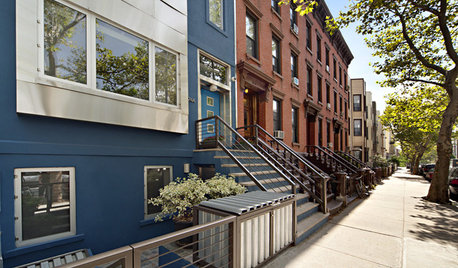
COMMUNITYWant a Cleaner, Safer Neighborhood? Show You Care
Our behavior strongly influences others, says a new study. Show neighbors you care about your street and watch them follow suit
Full Story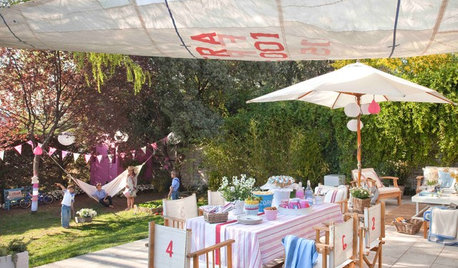
LIFE12 Ways to Nurture a Happy Neighborhood
Having good relationships with neighbors improves the quality of life for all
Full Story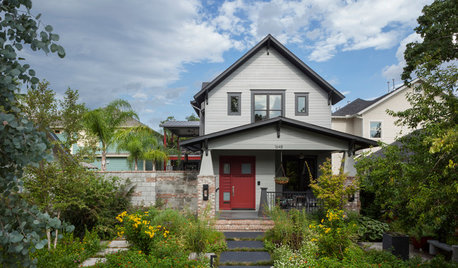
ARCHITECTUREHouzz Tour: Modern Plays Nice in a Historic Houston Neighborhood
Subtle modern details make this new home stand out from its elderly neighbors without disrespecting them
Full Story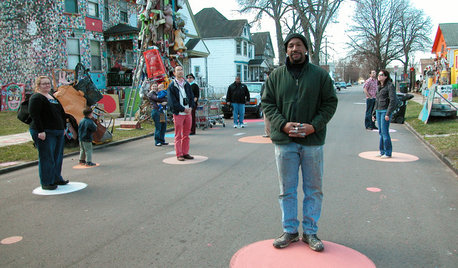
FUN HOUZZDecorated Houses Help Save a Detroit Neighborhood
Art's a start for an inner-city community working to stave off urban blight and kindle a renaissance
Full Story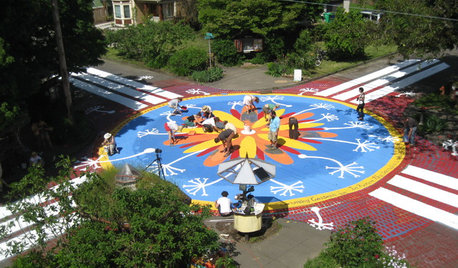
COMMUNITY15 Ways to Make Your Neighborhood Better
Does your community lack ... well, a sense of community? Here's how to strengthen that neighborly spirit
Full Story
HOUZZ TOURSHouzz Tour: Modern Personality in an Old Atlanta Neighborhood
Artfully painted exteriors, soaring ceilings and stacked volumes make this home a decidedly different newcomer to the neighborhood
Full Story
COMMUNITYNeighborhood Walkability: Get the Score
Hoofing it around is way easier when everything is near your house — and one tool tells you how walkable an area is before you move
Full Story
ECLECTIC HOMESHouzz Tour: A Storybook House for the Neighborhood
This charming family home incorporates Tudor-style elements, eclectic details and smart planning
Full Story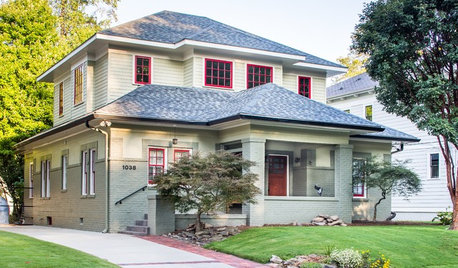
CRAFTSMAN DESIGNHouzz Tour: Thoughtful Renovation Suits Home's Craftsman Neighborhood
A reconfigured floor plan opens up the downstairs in this Atlanta house, while a new second story adds a private oasis
Full Story






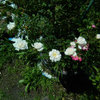

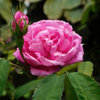
JessicaBe
olga_6b
Related Professionals
Carlisle Landscape Architects & Landscape Designers · Windham Landscape Architects & Landscape Designers · Citrus Heights Landscape Architects & Landscape Designers · Elwood Landscape Architects & Landscape Designers · Darien Landscape Contractors · Duarte Landscape Contractors · Fort Myers Landscape Contractors · Fountain Valley Landscape Contractors · St. Louis Landscape Contractors · White Bear Lake Landscape Contractors · New Carrollton Landscape Contractors · Camp Springs Landscape Contractors · Claremont Swimming Pool Builders · Milwaukee Siding & Exteriors · Spartanburg Siding & Exteriorshenry_kuska
olga_6b
vettinOriginal Author
erasmus_gw
rosefolly
anntn6b
henry_kuska
hartwood
lookin4you2xist